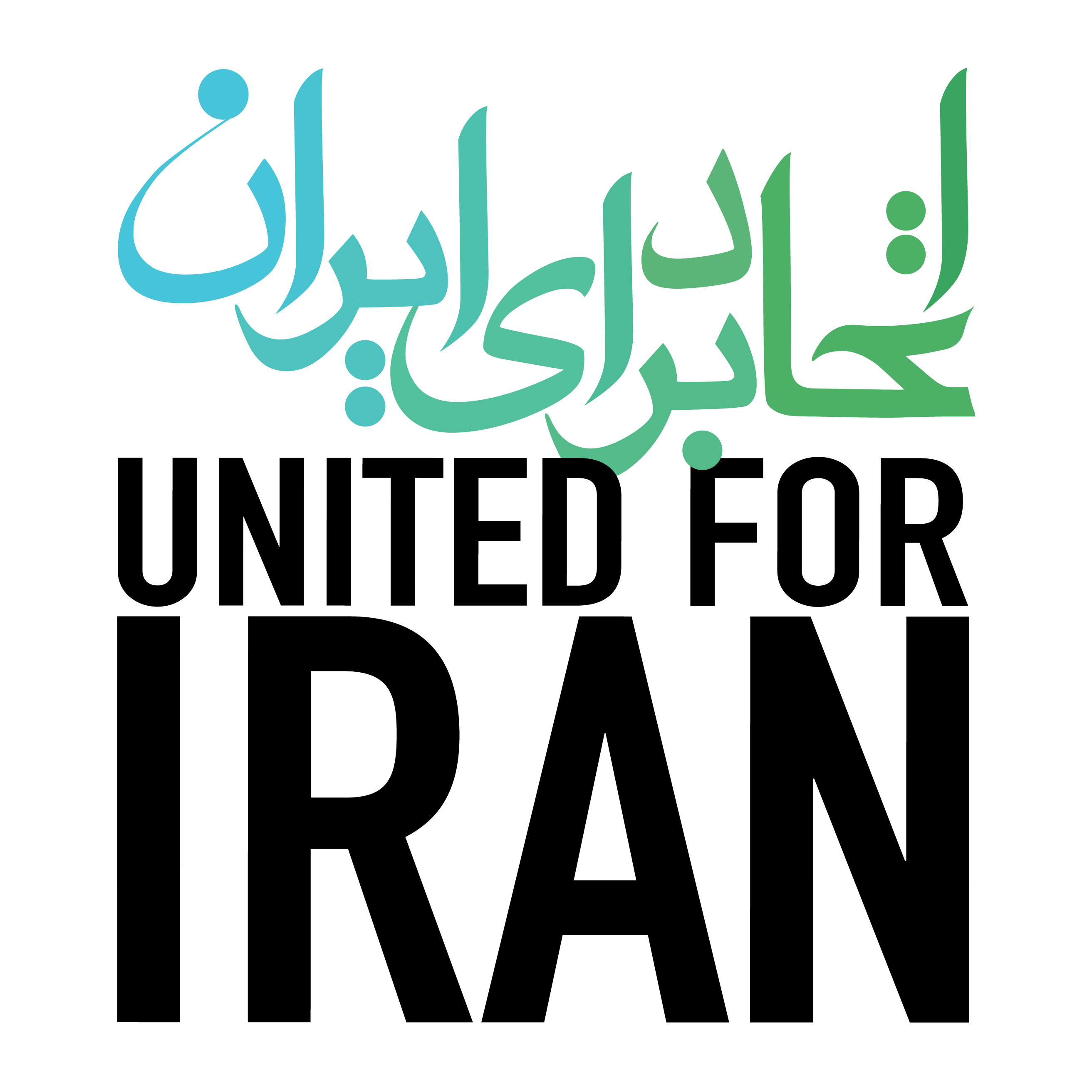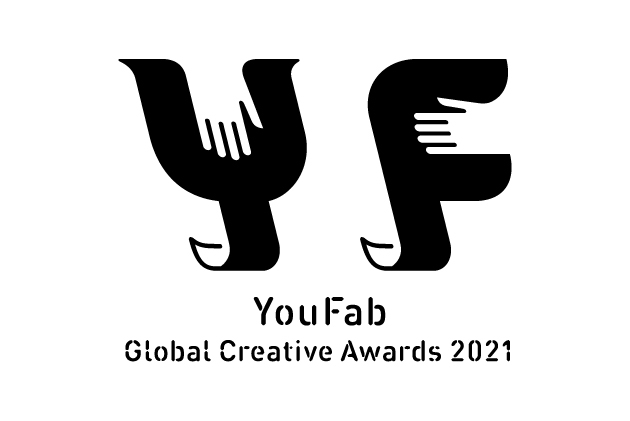Nahoft's features
-
Work Title
Nahoft - an encryption app custom built to promote internet freedom in Iran
-
Work Title(EN)
Nahoft - an encryption app custom built to promote internet freedom in Iran
-
Please describe the concept of your artwork in 2000 words.
The idea for the app was born in 2012, on a bus in Turkey when an Iranian dissident journalist, Mohammad Heydari, and Iranian student activist and security expert, Reza Ghazinouri, now both U.S residents, discussed freedom of the press in a repressive country they both had to flee.
The brutal and bloody Aban protests in November 2019 in Iran were a wake-up call for them and United for Iran that creating Nahoft was urgent. During the protests, the Islamic Republic of Iran managed to shut the Internet off for a whole week, effectively gagging and blinding its citizens. No information flowed in or out of Iran. Meanwhile, during this state-orchestrated blackout, Iranian forces ruthlessly cracked down on their own people and killed at least 304 men, women, and children, and arrested 7,000.
Nahoft was created with Iran and its unique political and socio-economic situation in mind. An authoritarian state run by an Islamic clergy, Iran cracks down on its citizens’ basic human rights and civil liberties, in particular freedoms of speech, press and peaceful assembly. Those freedoms are anathema to any authoritarian regime and are always first to be crushed.
Nahoft was created for Iranian activists, journalists, civil society organizations and regular people so that they can safely access information, exchange ideas, advocate for human rights, and continue to organize undetected by the regime. -
Please describe the concept of your artwork in 2000 words. (EN)
-
Work Specification
Nahoft is a mobile phone app made for Android phones. It allows you to encrypt any text message under 1,000 characters on your mobile phone before sharing it with someone they trust. You can encrypt your text message as a photo (known as steganography) or as a text message that uses a series of common and innocuous Persian words. Both encryption methods are secure and use bespoke technology and state-of-the-art encryption libraries (Sodium) that have been custom created for Nahoft.
Nahoft works like a social network: You add someone in the app. The app will give you a snippet of data to send to them. Once they receive your snippet of data, they will put it into the Nahoft app on their phone, and send you back their snippet of data. Once you input it into your app, you’ll have each other as contacts and will be able to share encrypted messages going forward.
This is the very first time in history that Persian language has been used to set up encryption. Nahoft uses a string of Persian words as opposed to the hexadecimal numbering system or English words, which are two approaches most commonly used for encryption. We wanted to use meaningful Persian words because that was the best way to ensure that messages were less suspicious and less likely to be blocked and censored by the Islamic Republic of Iran. -
Work Specification(EN)
-
Media CoverageURL
https://www.wired.com/story/nahoft-iran-messaging-encryption-app/
-
Video URL
https://www.youtube.com/watch?v=a2gDzEgcPyE
-
Your OfficialURL (Website, Instagram, Facebook)
https://nahoftapp.com/index-en.html
-
Please describe how your work relates to the theme of the special prize.
The Nahoft app supports democratic and human rights principles in Iran by promoting the access to free and unfettered internet, freedom of speech, press and assembly in a deeply repressive country.
Freedom of expression—which includes open and secure internet—is the bloodline of every democracy. But the Iranian government is systemically using censorship and internet blackouts as a strategy to crack down on its people without impunity during times of protest and unrest. We fear that IRI will continue to use internet shutdowns to commit and then hide their human rights violations from the international community—and its own people.
Nahoft’s short-term goal is to give Iranian activists, journalists, civil society leaders and regular citizens a way to safely communicate, exchange ideas, enter open debates, document human rights and civil liberties violations, organize and agitate for their freedoms. These freedoms must be possible even during an Internet blackout.
There are currently 571 political prisoners in Iranian prisons, according to our Iran Prison Atlas. Among them, there are many digital activists, journalists, bloggers and other people who used digital and print communication to express disagreement with the Iranian government. 29 received their sentences for digital activism and 9 for journalism.
Nahoft’s long-term goal is to convince the Islamic Republic of Iran that creating a national intranet to cut off its people from the rest of the world is a waste of time. The same goes for relying on Internet blackouts to crush protests. The Iranian people will still be able to communicate with each other via apps like Nahoft and will still be able to call out its government’s wrongdoings. So why spend billions of dollars on a useless technology?
Information cannot be contained. Its nature is to spread. If you shut off the Internet, information will spread through landline phones and the satellite. If you shut off the phones and satellites, information will find another way.
No amount of Internet censorship can stop the truth from coming out. And IRI cannot isolate the Iranian people from the rest of the world. Nahoft is just one app that is putting up a resistance—but many more are coming.


